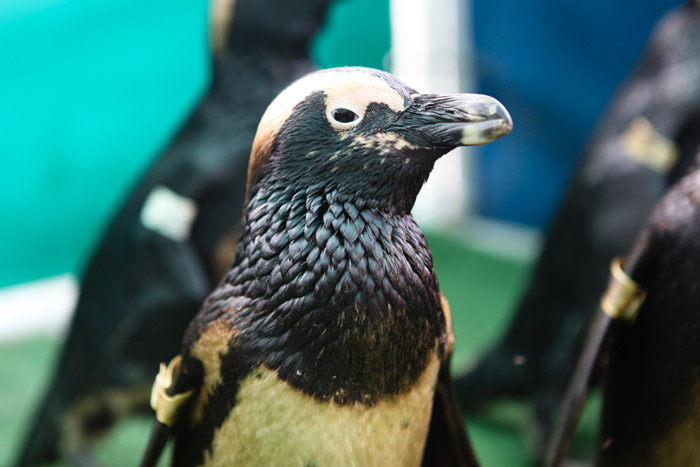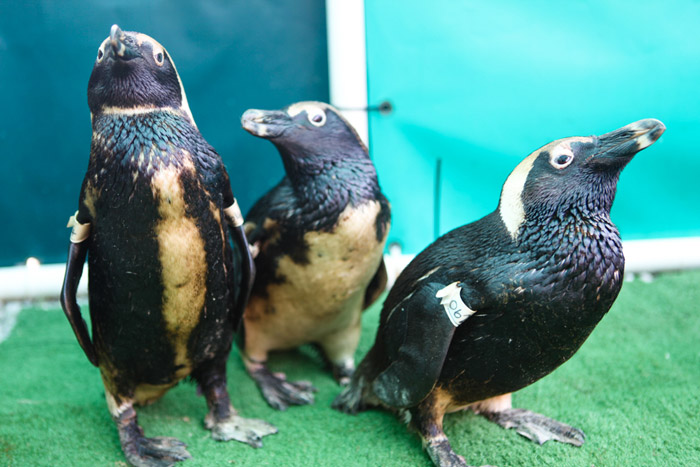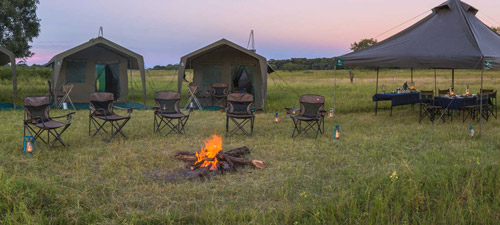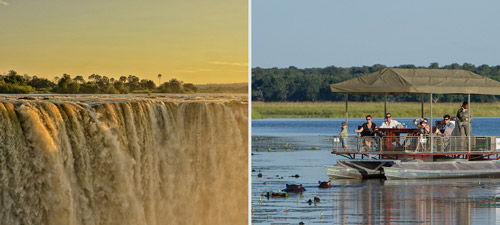SANCCOB (the Southern African Foundation for the Conservation of Coastal Birds) is caring for 30 oiled African penguins and four orphaned African penguin chicks at its centre in Cape St. Francis this week.
The birds were admitted from Bird and St. Croix islands off Port Elizabeth, and they will be washed and rehabilitated for the next few weeks until they are ready to be released back into the wild.
Rangers from the marine section of the Addo Elephant National Park rescued these African penguins, air-lifted them via helicopter, and then transported them by road to SANCCOB’s seabird centre. The birds received a few days of intensive care to improve their strength and hydration, and the first batch of oiled penguins, with 50 to 80% of their bodies covered in oil, were washed earlier this week. For the next few weeks, the washed birds will continue to be fed, hydrated and swum to ensure they regain the natural waterproofing of their feathers.
The four African penguin chicks under three weeks old were removed from their nests as their parents were also oiled and rescued. Weighing a mere 500 grams upon admission and with their bodies covered in fluffy down feathers, these chicks will be hand-reared by the SANCCOB Eastern Cape team to ensure that the tiny chicks have everything they need to grow into healthy, fit youngsters.
Thus far, the oiled birds and their chicks have responded well to rehabilitation.
“The ongoing chronic pollution of seabirds is a major concern for SANCCOB. The number of oiled birds captured for rehabilitation rarely reflects the actual impact of chronic oil pollution on seabird populations”, said Juanita Raath, Rehabilitation Coordinator at SANCCOB in Cape St. Francis.
The exact source of the oil that affected these birds is unknown, but it is a well-known fact that hundreds of thousands of seabirds worldwide are affected by chronic oil pollution. There is a significant overlap between the busy shipping lanes around our coast, especially those close to busy harbours (such as Port Elizabeth and the Coega Region), and areas with a high concentration of seabirds (such as Algoa Bay). The illegal and incidental operational discharges from ships, the possibility of wrecks leaking oil, and the seeping from faulty pipelines constantly threaten seabirds along our coastline.

The recent shift in the availability of sardine and pilchard, which is the main source of food for African penguins, has also caused penguins to travel further distances from their breeding locations to find enough food to sustain themselves and their chicks. The extended periods that they are now spending in the water also increase their risk of becoming oiled, as well as reducing the likelihood of them being able to return to the colony if they are oiled.
Addo Elephant National Park manages the only two African penguin colonies in the Eastern Cape, the rangers identify and stabilise all seabirds needing rehabilitation and hand-rearing and transport them to SANCCOB for rehabilitation. SANCCOB is the only organisation mandated by the South African government to respond to oiled seabirds. The oiling of these penguins highlights the importance of maintaining a well-trained team ready to respond to catastrophic events and these ongoing, smaller spills.
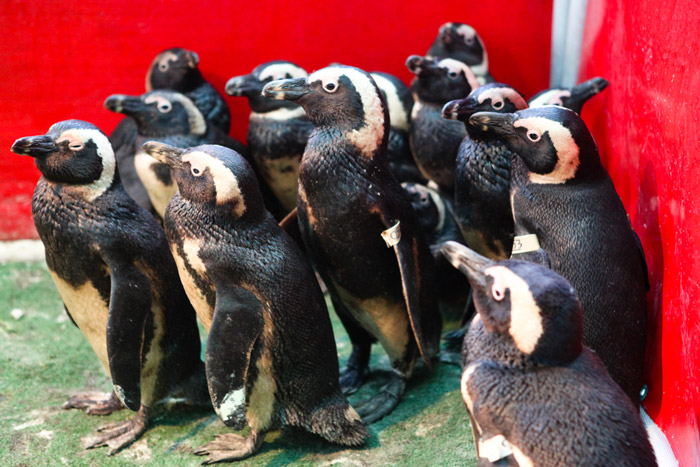
To comment on this story: Login (or sign up) to our app here - it's a troll-free safe place 🙂.![]()
HOW TO GET THE MOST OUT OF AFRICA GEOGRAPHIC:
- Travel with us. Travel in Africa is about knowing when and where to go, and with whom. A few weeks too early / late and a few kilometres off course and you could miss the greatest show on Earth. And wouldn’t that be a pity? Browse our ready-made packages or answer a few questions to start planning your dream safari.
- Subscribe to our FREE newsletter / download our FREE app to enjoy the following benefits.
- Plan your safaris in remote parks protected by African Parks via our sister company https://ukuri.travel/ - safari camps for responsible travellers


